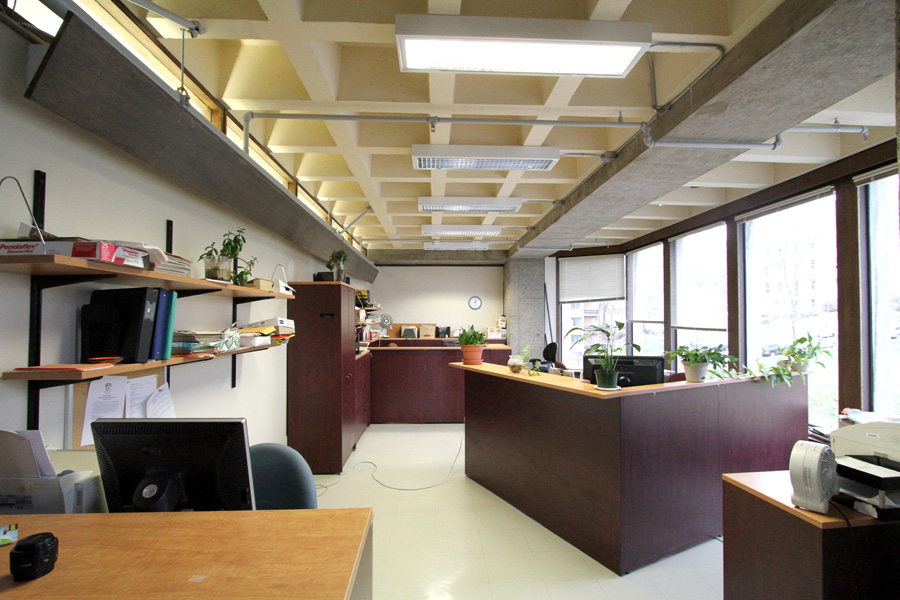Last Wednesday, the Arts Undergraduate Society (AUS) hosted a Town Hall for faculty members to voice concerns about the plan to restructure the administrative staff within the Faculty of Arts.
Called People, Processes, and Partnerships (PPP), the plan was initiated by Dean of Arts Christopher Manfredi in Nov. 2012 in response to staff reductions and financial constraints. Since then, the plan has undergone numerous changes in response to criticism by staff, students, and faculty, the latest of which was presented at AUS Council on Nov. 13, 2013.
According to AUS Vice-President Academic Jacob Greenspon, other meetings about the PPP have mainly addressed its impact on Arts students.
“It seems like there is [already] some discussion on that, but this [Town Hall] was more about how [the PPP] is going to affect the staff and not the students,” he said.
Currently, each department in the Faculty of Arts has its own specialized administrative staff. At some times in the year, several of these administrative units are served by as few as two people. The PPP will bring all the staff together to create six support units that will each cater to several of the faculty’s 16 departments.
“The idea since September has been to think whether we can consolidate [our administrative staff] into a set of larger groupings that would mitigate some of the risks of having academic units only served by only one or two or three administrative or support staff,” Manfredi said. “As well, it would allow us to equalize the workload.”
However, some faculty members were critical of the outcomes of the PPP. Philosophy Professor Alison Laywine expressed concern about the potential loss of administrative expertise.
“We have people who have specialized knowledge about the culture and life and administration of our departments,” Laywine said. “I’m guessing that this specialized knowledge is going to get lost and lead to a situation of chaos.”
Manfredi said he would provide training for staff to prevent this problem.
“I actually think [our staff] are quite capable of transmitting to each other their specialized knowledge of their departments,” he said.
The implementation of the PPP will create a single administrative hub for the departments of art history and communication studies, French language and literature, English, and the French Language Center. The PPP will also group the departments of political science, economics, and philosophy together on the fourth floor of Leacock Building. The Anthropology, Sociology, History, Classical Studies, and Jewish Studies departments will be located on the seventh floor. This new structure frees rooms for use as student space.
These groupings were determined on the basis of the number of faculty members in each department, the number of students in each department, and the number of students in classes offered by each department.
Manfredi added that there will be an academic benefit to this restructuring, noting that interdisciplinary programs similar to the philosophy, politics, and economics grouping are already offered in many universities.
“Now that these three departments are going to be sharing administrative services, [they] are going to have to know enough about the other programs that perhaps allow [them] to develop some relationship between [department staff] to allow for some interesting intellectual collaboration,” Manfredi said. “When people work together, they’ll find interesting ways of taking advantage of that.”
Professor Darin Barney from the department of art history and communication studies said he doubted the effects of relocating administrative staff.
“[This restructuring] can seriously alter the experience of students and faculty and staff members that have been built up around the integrity of departmental culture and autonomy,” he said. “I find it a concern that such a move is being undertaken without reference to models where similar types of clustering have been successful, that we would then contemplate stepping into this unknown territory.”
The PPP relocation process is scheduled to be complete by Summer 2014.
“It’s also a good idea for us to go back once [the PPP] has been going for a term and ask the students what their experience has been and how they’ve been impacted,” Manfredi said.







